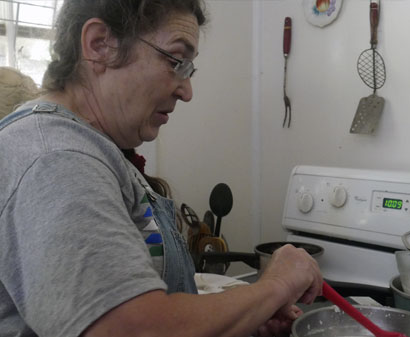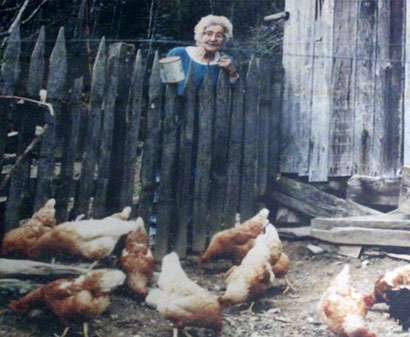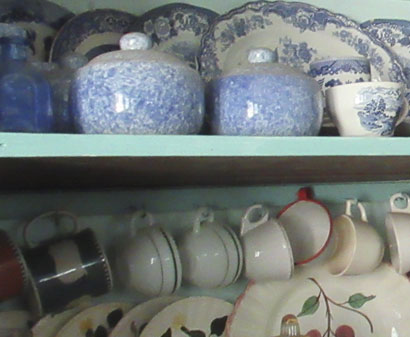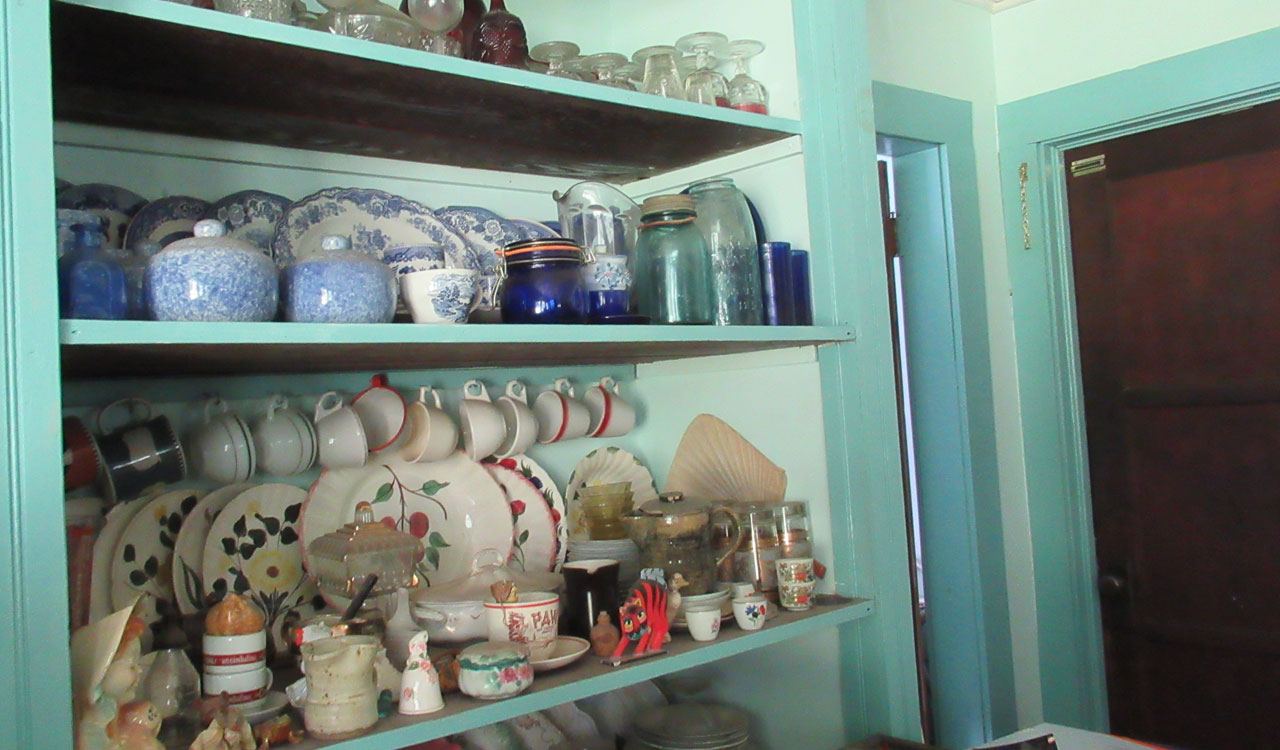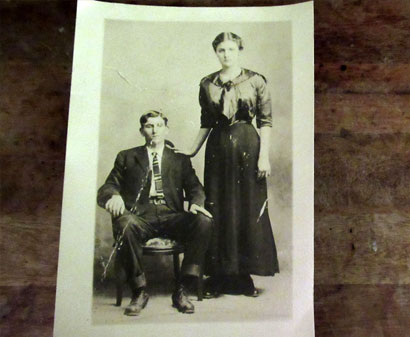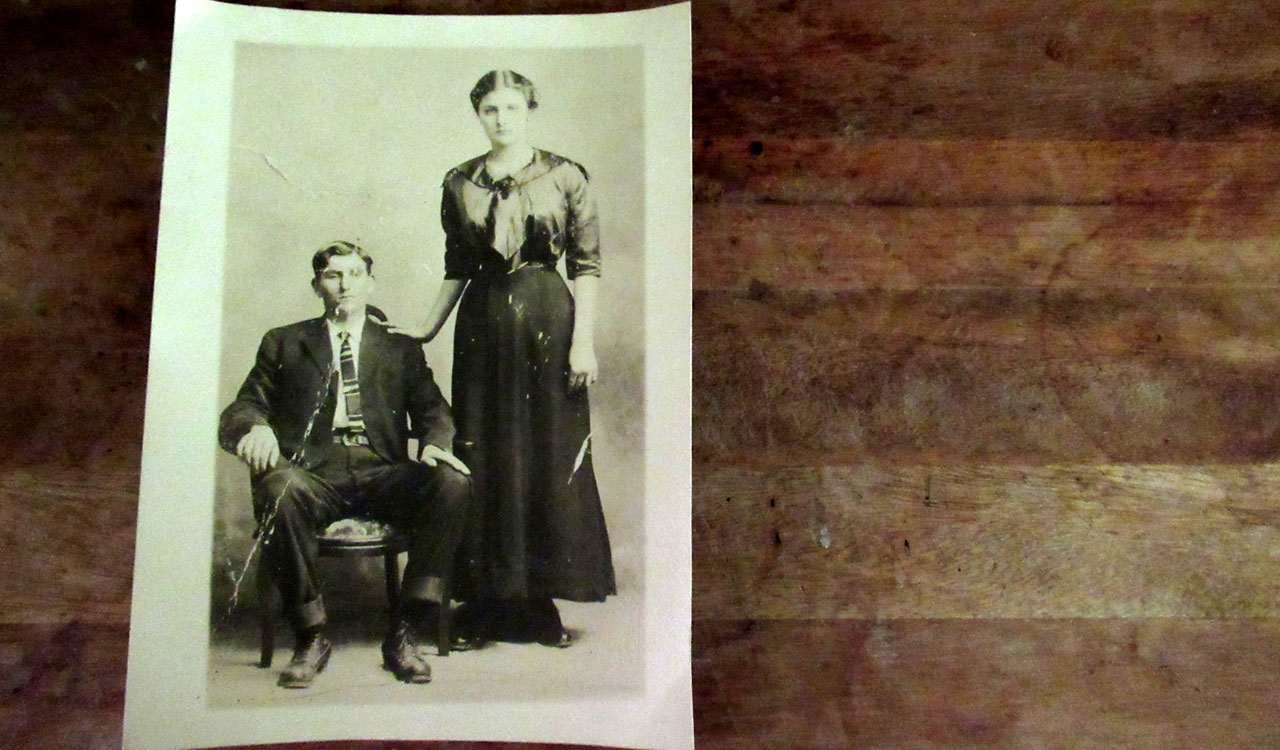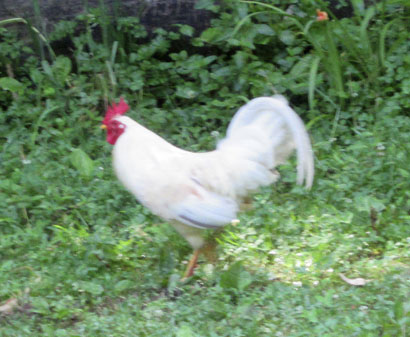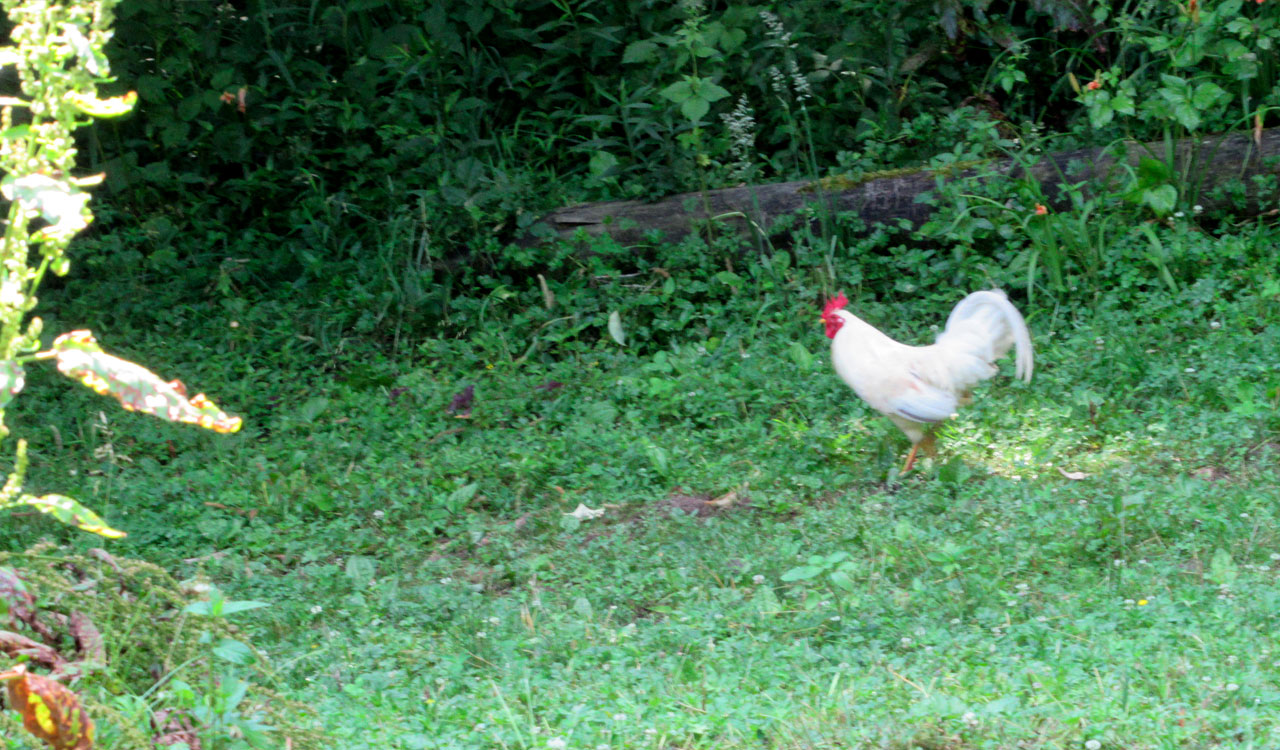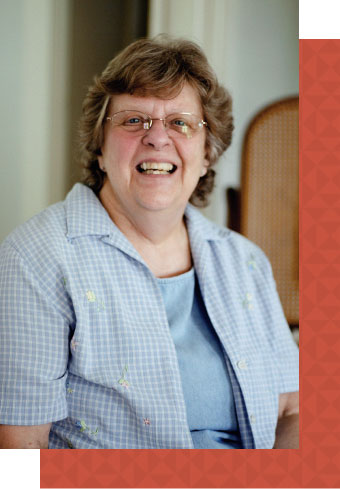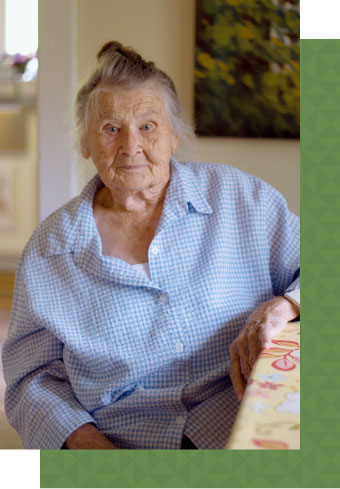Lucy Lowe
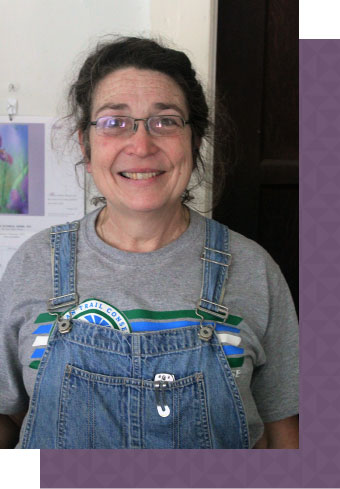
Mrs. Lucy Lowe makes cheese from her home in Spring Creek, North Carolina. She used to have a llama farm as part of her trekking business, but no longer has them. She still currently owns a horse, two mules, chickens, and ducks. Growing up, her family produced moonshine because it was a process that was passed down from generation to generation. She is a collector of antiques and plans on refurbishing an old rocking chair that was owned by her mother. Lucy Lowe was also a professor of microbiology and has used some stuff that she has learned from her studies in her cheese making process.
Listen to Lucy Lowe's story, captured by PAGE girls:
Segments:
1. Cottage Cheese and the type of Milk used - 3:43- 4:45
2. Importance of food to the community - 6:14- 7:09
3. Traditional Foods in Appalachia - 8:17- 9:54
4. How is Lucy Lowe’s Cheese process unique - 2:50-13:34
Moonshine is an illegal homemade alcohol that people make at night, so they will not get caught. It is common in Appalachia because it is symbolic of resistance to government intervention. Moonshine became a very profitable practice during the prohibition period during the 1920’s. Even after the prohibition, however, moonshining earned a lot of money for the people that made it. This was because a lot of areas in Appalachia did not have cash and could not afford to buy things from the store. By selling alcohol, they could make money to buy things like salt, sugar, clothes, and shoes.
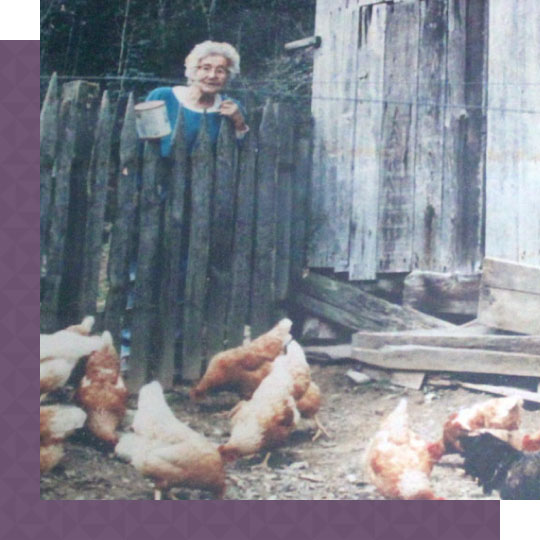
Lucy Lowe's grandmother's cousin, who made moonshine


